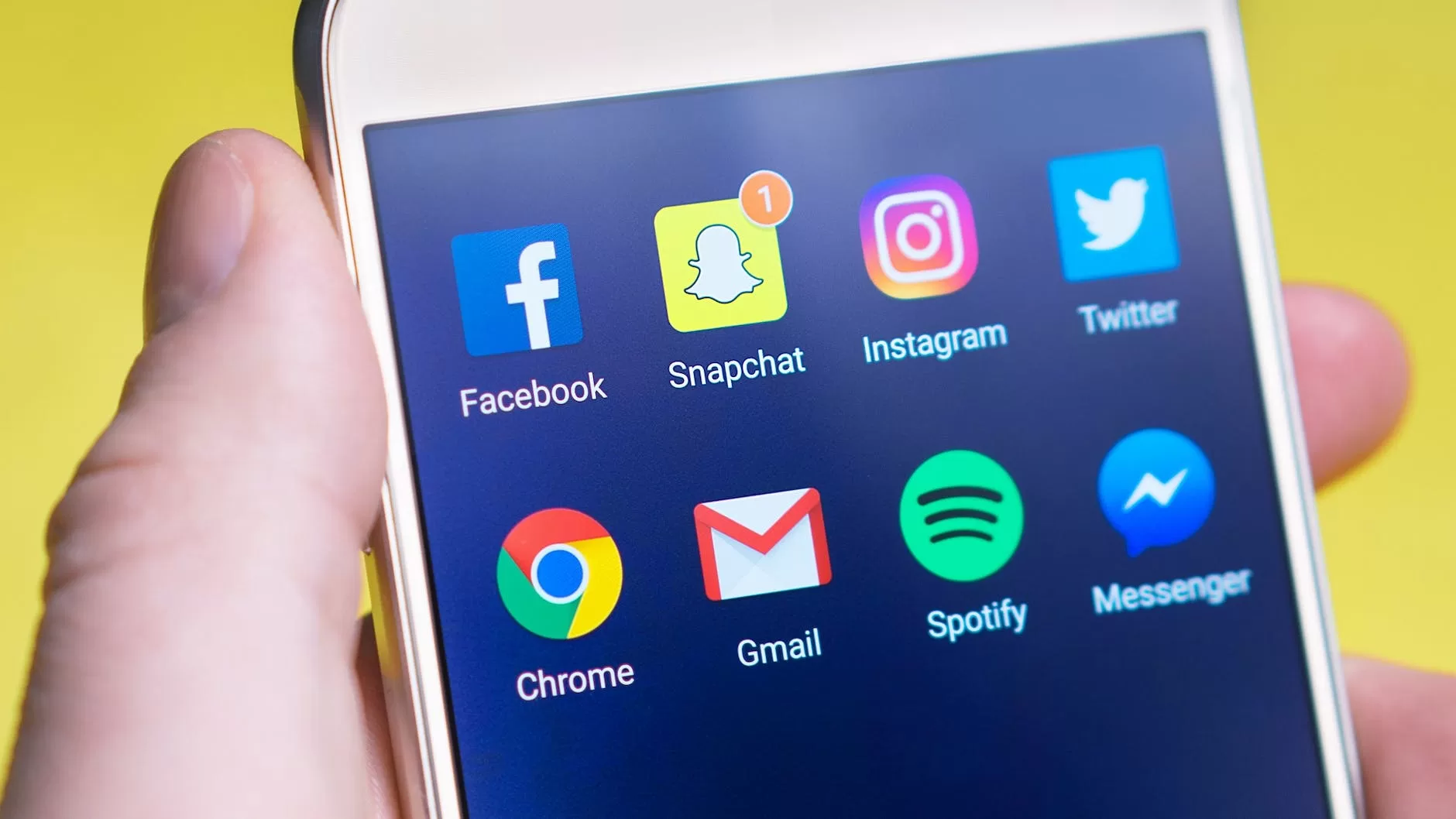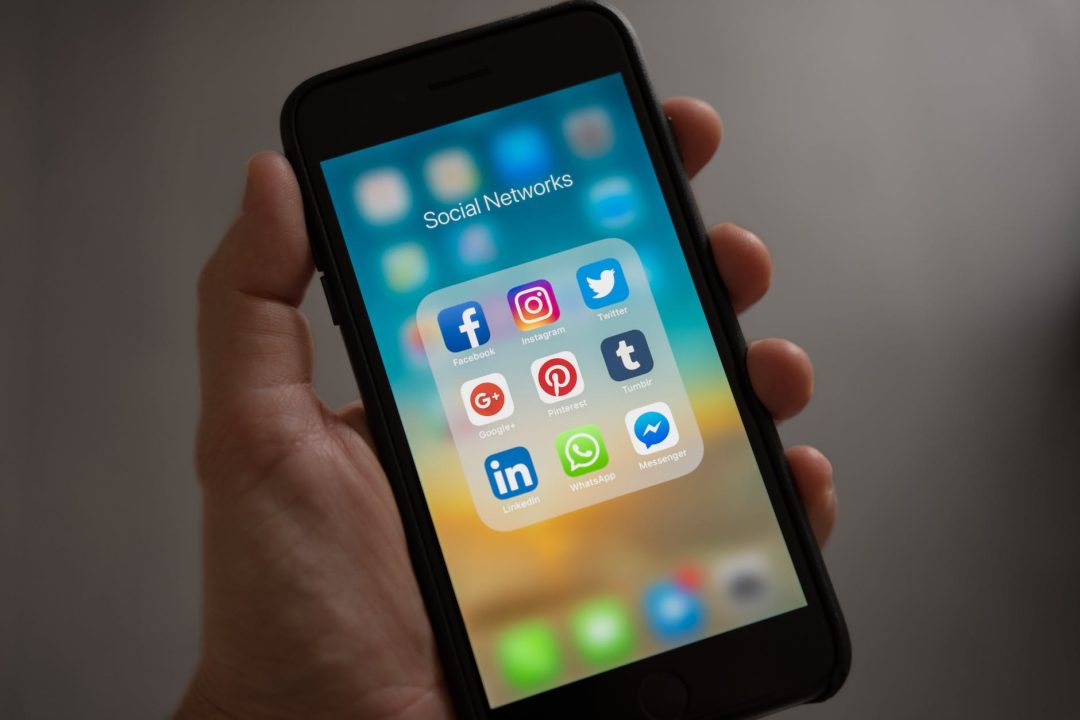There are dangers of sharing location on social media and why you should think twice before doing so. With the increasing popularity of social media, more and more people are sharing their location information with their friends and followers. While this may seem harmless, it can actually have serious consequences. In this blog post, we’ll discuss the dangers of sharing location on social media and why you should think twice before doing so.
Four Dangers of Sharing Location on Social Media
1. Increased risk of theft and crime
Sharing your location on social media makes it easy for anyone to know where you are at any given moment. This information can be used by criminals to target you or your home for theft or other types of crimes. In some cases, thieves have used social media to find out when people are away from home, making it easier for them to break in and steal valuable items.
2. Reduced privacy
When you share your location on social media, you are giving away valuable personal information about yourself. This information can be used by marketers and advertisers to target you with personalized ads and promotions. It can also be used by government agencies to track your movements and monitor your activities.
3. Increased danger for minors
Minors who share their location on social media can be particularly vulnerable. They may not realize the dangers of doing so and may end up giving away their location to strangers. This can put them at risk of being preyed upon by child predators or other dangerous individuals.
4. Potential damage to personal and professional reputation
Sharing your location on social media can also have negative effects on your personal and professional reputation. For example, if you check into a bar or club on a work night, your employer or coworkers may see this and think less of you. Similarly, if you check into a location that is associated with criminal activity, others may view you as someone who engages in such activities.
In conclusion, the dangers of sharing location on social media cannot be ignored. Before sharing your location, consider the potential risks and think carefully about the information you are giving away. To stay safe, you can choose to turn off location tracking in your social media settings or avoid sharing your location altogether.
⚠️ Stop. Think. Protect Yourself.
Every time you post your location, you open a door. Not just to friends — but to thieves, stalkers, predators, and anyone watching.
If you’ve been targeted, harassed, or harmed after sharing location data, you’re not alone — and you may have legal rights.
👁️🗨️ Take action now:
- Turn off location sharing
- Talk to your kids about the dangers
- Secure your profiles
- Know your legal options
📞 Victim of a location-based privacy breach?
Contact the Law Offices of Lee W. Davis, Esquire, L.L.C. for a confidential case review.
🛡️ You don’t have to face digital dangers alone.
🌐 leewdavis.com | ☎️ 412-781-0525


